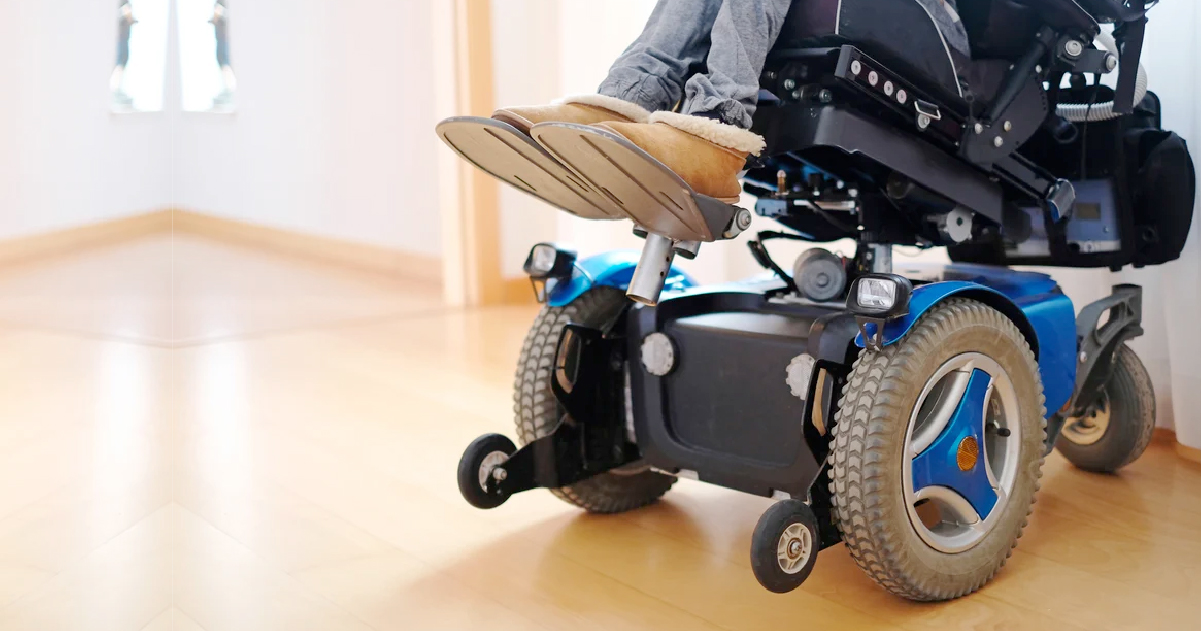The issue of accessibility for people with disabilities on airplanes has been a long-standing problem. However, a recent bill called the Mobile Act, introduced in the Senate by Tammy Duckworth (D-Ill.) and John Thune (R-S.D.) and in the House by Steve Cohen (D-Tenn.) and Pete Stauber (R-Minn.), seeks to address this issue. The act comes as Congress prepares to reauthorize the Federal Aviation Administration’s funding and programs this year. Disabled passengers have called for more airline accountability and accessibility to be included in the reauthorization act.
The Mobile Act aims to improve safety and accessibility for individuals who use mobility aids, such as wheelchairs, power wheelchairs, and scooters while traveling on airplanes. In 2022, the Transportation Department reported 11,389 lost, damaged, delayed, or stolen mobility aids, which is the highest number since the department was first required to report on this data in 2018. Duckworth, who uses a wheelchair, emphasizes the importance of empowering disabled people to make better decisions about which airlines to fly by providing consumers with information about the extent of the damage done.
For many disabled people, the goal is to be able to directly board a flight in their wheelchair or power wheelchair, which would ensure that their devices aren’t damaged or lost and would eliminate the risk of being dropped or injured during a seat transfer. Heather Ansley, associate executive director of government relations with Paralyzed Veterans of America, says that doing so would not only benefit disabled people but also make flying safer in general.
The bill also highlights the issue of mobility aids not fitting through the opening of a plane’s cargo hold. This forces customers with disabilities to either leave the plane and get moved to another flight or agree to have their mobility aid sent on a different flight, which can leave them stranded at the next airport until it arrives. Duckworth notes that this can be a medical risk for some people who have difficulty being moved in and out of their wheelchairs.
While redesigning planes to accommodate wheelchairs would cost money, Duckworth believes that doing so would benefit the economy in the long run, especially because the country’s aging population is more likely to use wheelchairs in the future. Airlines for America, a trade group representing air carriers, said it supports the bill and wants to ensure a positive and safe experience for all passengers, including those with disabilities.
We encourage you to write your legislators and express your support for the Mobility Aids on Board Improve Lives and Empower All Act.
Want to read how Friendly Like Me is making travel more accessible?




